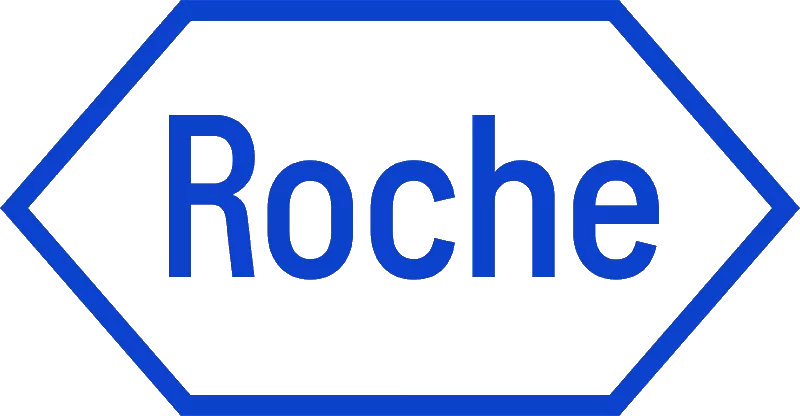
Vemurafenib (Zelboraf®) is a BRAF inhibitor, and Cobimetinib (Cotellic™) is a MEK inhibitor. Both drugs are designed to target and inhibit specific proteins in the MAPK/ERK pathway, which is often activated in melanoma due to mutations in the BRAF gene. Vemurafenib specifically targets and inhibits the mutated BRAF protein, while Cobimetinib inhibits MEK, another protein in the same pathway. The combination of these two drugs has been shown to be more effective in treating advanced melanoma with BRAF V600 mutations compared to using Vemurafenib alone. This dual inhibition helps to slow down the growth and spread of melanoma cells, leading to improved progression-free survival and overall response rates in patients.
Melanoma is a type of cancer that develops in the melanocytes, the cells responsible for producing melanin, the pigment that gives skin its color. It is the most serious form of skin cancer and can occur anywhere on the body, including areas not typically exposed to sunlight. Melanoma is characterized by the uncontrolled growth of melanocytes, which can form malignant tumors. Key risk factors include excessive UV exposure, fair skin, a history of sunburns, and genetic predisposition. If detected early, melanoma is highly treatable, but it can spread to other parts of the body, making it more challenging to treat in advanced stages. Treatments typically include surgery, radiation, chemotherapy, and targeted therapies such as BRAF and MEK inhibitors for specific genetic mutations.
Companion diagnostic testing plays a crucial role in determining the suitability of the combination therapy of Vemurafenib (Zelboraf®) and Cobimetinib (Cotellic™) for patients with melanoma. This testing involves using a diagnostic test to identify the presence of specific mutations in the BRAF gene, particularly the BRAF V600 mutation. Approximately half of all melanoma patients have tumors with this mutation, making them potential candidates for this targeted therapy.
The companion diagnostic test, such as the Cobas® 4800 BRAF V600 Mutation Test, detects these mutations in tumor tissue. If the test confirms the presence of the BRAF V600 mutation, it indicates that the patient’s melanoma cells are likely to respond to the BRAF inhibitor Vemurafenib. By combining Vemurafenib with the MEK inhibitor Cobimetinib, the therapy effectively targets and blocks the MAPK/ERK pathway at two critical points, inhibiting tumor growth and proliferation more effectively than either drug alone.

Place a test order through your EMR system if enabled or order online by logging in or signing-up for a Foundation Medicine account. Orders can also be submitted via email or fax using our Test Requisition Form.

Order this test through your EHR if you have an interface with Quest, via Quanum, or by paper requisition.

This companion diagnostic was developed by an IVD manufacturer as a kit. This is a valid FDA approved test if utilized by 3rd party diagnostic labs who have validated the test using the kit on the specified platform. It is not directly orderable from the manufacturer.
This combination therapy is used to treat advanced melanoma with a BRAF V600 mutation. It targets and inhibits specific proteins in the MAPK/ERK pathway, which helps slow down the growth and spread of melanoma cells.
Cotellic™ (cobimetinib) is a MEK inhibitor, and Zelboraf® (vemurafenib) is a BRAF inhibitor. Together, they block different points in the MAPK/ERK pathway. This dual inhibition is more effective in reducing tumor growth and progression than using Zelboraf® alone.
Common side effects include skin rash, photosensitivity, nausea, diarrhea, fever, and joint pain. More serious side effects can include liver problems, heart issues, and severe skin reactions. Patients should be closely monitored by their healthcare provider during treatment.
Patients must undergo companion diagnostic testing to confirm the presence of the BRAF V600 mutation in their melanoma. If the mutation is present, they may be eligible for treatment with Cotellic™ and Zelboraf®.
Typically, Zelboraf® is taken at 960 mg twice daily, and Cotellic™ is taken at 60 mg once daily for the first 21 days of each 28-day cycle. Dosing schedules may vary based on individual patient needs and tolerances, so it is important to follow the prescribing physician’s instructions.
Patients should avoid excessive sun exposure and use adequate sun protection due to the increased risk of photosensitivity. They should also avoid taking other medications or supplements without consulting their healthcare provider, as these could interact with the therapy.

Founded more than 40 years ago, Genentech is a leading biotechnology company that discovers, develops, manufactures and commercializes medicines to treat patients with serious and life-threatening medical conditions. The company, a member of the Roche Group, has headquarters in South San Francisco, California. For additional information about the company, please visit http://www.gene.com.